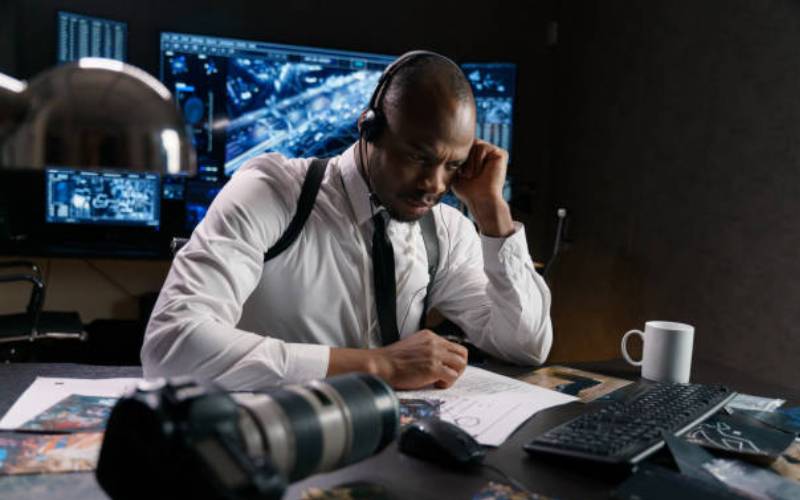×
The Standard e-Paper
Kenya’s Boldest Voice

It is the season for betrayal and different political formations are increasingly engaging in electronic eavesdropping and secret recordings.
Even as the political foes engage in this subtle surveillance of recording phone conversations, the trend is opening a dark world with potential of blackmail and character assassination.